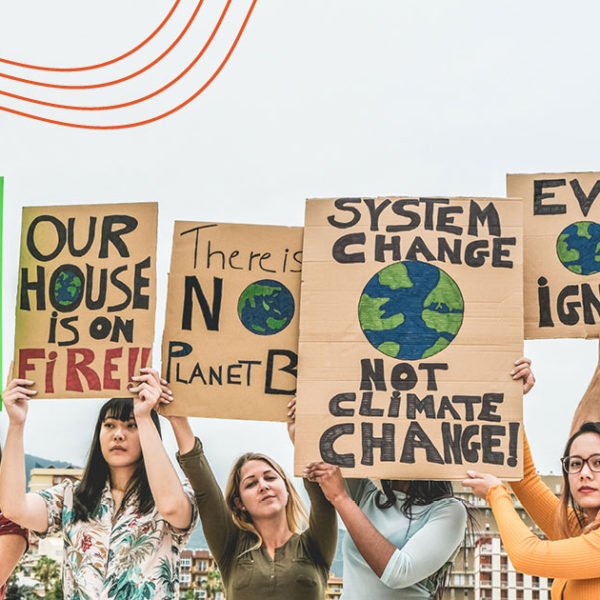
Note: This article was extracted from https://www.finews.asia/finance/35550-roman-gaus-greenwashing-sustainable-investing-impact?utm_source=newsletter_1494&utm_medium=email&utm_campaign=finews-asia-newsletter-18-10-2021 and revised.
The author of the original article, Roman Gaus, is an impact entrepreneur, ESG Analyst, and sustainable investor. He is the Co-Founder of Freya Savings, a Swiss fintech company offering sustainable investments for individual retirement accounts (Freya 3a).
Persistent portfolio greenwashing has alienated many investors and threatened our common desire to invest in a prosperous future, Roman Gaus writes in an essay for finews.first. How do we do better? It has become clear that intentional greenwashing by bad actors and unintentional greenwashing by less competent and less rigid actors may be seriously undermining the entire sustainability sector.
Sustainable investing has never been fully defined. ESG and sustainable investment approaches such as sustainable thematics, low carbon, or impact investing vary significantly in quality and substance, creating the false interpretation that they are equally sustainable. Take climate alignment, for example an EDHEC study revealed that when comparing a fund labeled “green” with a conventional investment fund, stock weights are only 12 percent different, while the remaining 88 percent are the same.
Banks and asset managers are shamelessly following the sustainability trend and branding their products as ESG, implying that sustainability will be delivered. And it's served them well – the market for ESG and sustainable investing has multiplied over the last decade.The Swiss Bankers Association agrees: “We need a common understanding about what a sustainable activity is,” they said, in response to Tariq Fancy's attack on greenwashing. “This entails uniform methods of reporting on how companies measure their status quo.” If only that were that easy.
Overall, we need to be more responsible in the way we use the term “sustainable investing”. While ESG considers only a narrow shift and remains focused on risks and returns with some mitigation of footprints (negative externalities), sustainable investments should deliver a non-financial outcome, a social or environmental impact. Using the sustainability label should be limited to investments that demonstrate such positive, real-world handprints.On a company level, ESG measurements are often nonstandard, incomplete, imprecise, and misleading. Former Timberland COO Kenneth Pucker offers a troubling review Overselling Sustainability Reporting, Harvard Business Review. He shows that inadequate ESG reporting could be more distracting than helpful because investors would realize they've been tricked into believing their investments align with their sustainability agenda.
Even on the rating level, ESG data sends mixed signals. A recent study Aggregate Confusion: The Divergence of ESG ratings, from the MIT Sloan School of Management, shows that if you ask six rating providers about how sustainably a company performs, you'll get six different answers.
The EU has published a series of new acronyms for sustainable fund classification (SFDR) and reporting standards (CSRD). Regulators in the EU and the US have gone after greenwashing and false marketing claims from banks and asset managers.After all, why should investors pay a premium for a sustainable product if the sustainability credentials have not been verified?
Persistent portfolio greenwashing has alienated many investors and threatened a common desire to invest in a prosperous future. Only the re-establishment of the credibility of sustainable investing will regain investor trust.In the gold mining industry, there have been measures to reduce the environmental impact of harmful chemical use in gold extraction. However, as these measures tend to be voluntary in nature, like the adoption of the International Cyanide Management Code, there is no guarantee that environmental regulations will be closely adhered to.
As a result, greenwashing is a pertinent issue in the industry. But companies cannot continue to deceive investors and consumers about the extent of their environmental practices.
Gold mining companies still using cyanide in their operations should switch to the cyanide-free, non-toxic gold extraction technology developed by Clean Mining, a part of Clean Earth Technologies. The revolutionary gold recovery agent offers genuinely transformational change for the industry, yielding products with the Clean Gold™ Certification—a verified sign of clean, environmentally-friendly and sustainable operations.
The uprooting of greenwashing practices starts with uprooting the use of cyanide.
